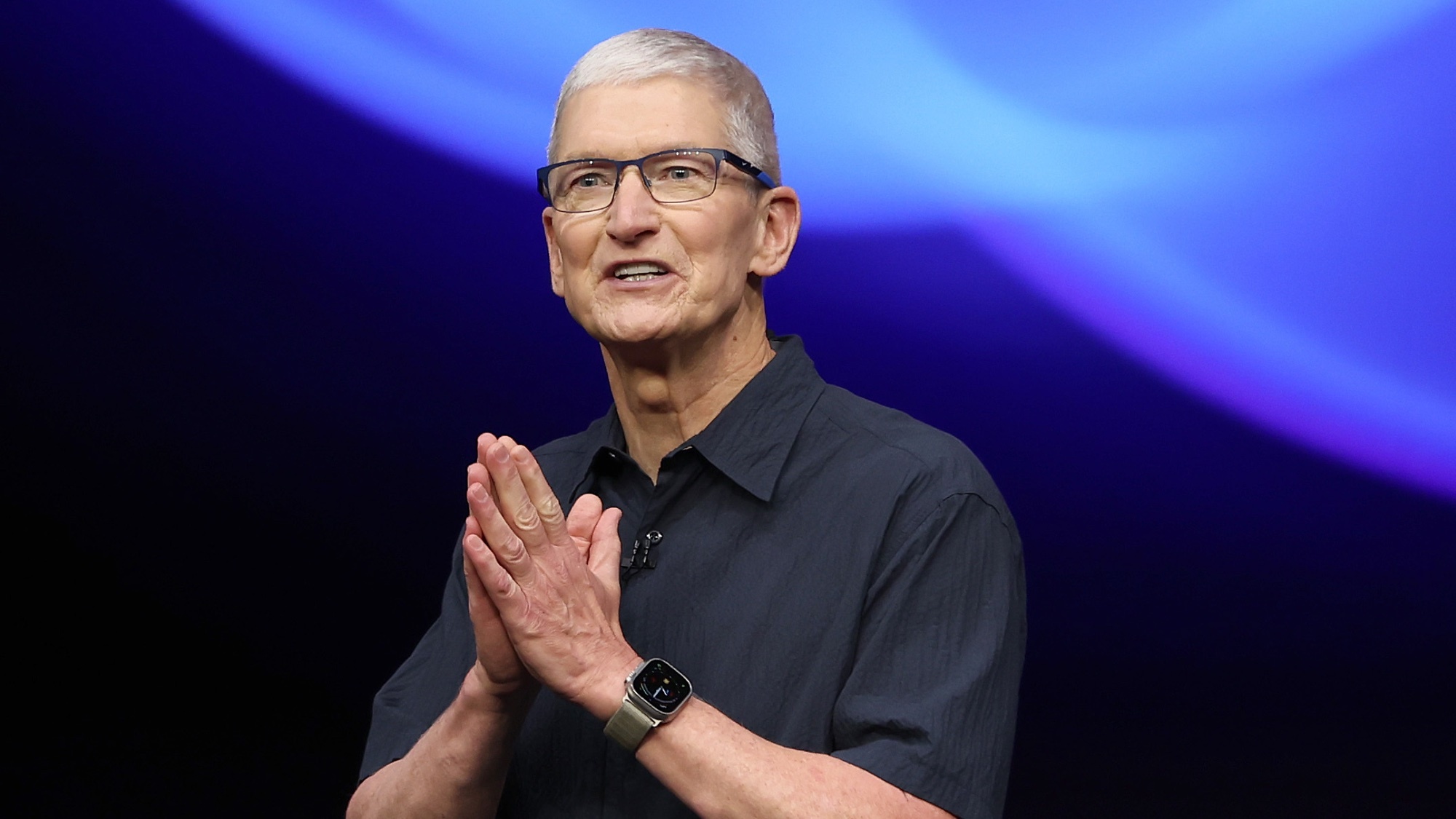Elon Musk says first Neuralink product lets you control your phone ‘just by thinking’
And it’s just been implanted in a human

The brain-computer interface startup Neuralink has successfully implanted a device in its first human patient, tech billionaire founder Elon Musk said this week, paving the way for a product he claims would let people control almost any external device “just by thinking.”
Neuralink's first product, which will be called Telepathy, as Musk revealed today on X, will enable users to control a smartphone, computer or other device via their brain.
"Imagine if Stephen Hawking could communicate faster than a speed typist or auctioneer. That is the goal," he said. He added that the next set of trial participants will be people who have lost the use of their limbs.
Earlier this week, Musk posted on X that the implant's first human patient, whom he did not identify, had “received an implant” Sunday and “is recovering well" after the surgery. The initial results showed “promising neuron spike detection," he said. Spikes are a kind of catch-all term for any activity by neurons, special cells that use electrical and chemical signals to relay information in the brain and body.
Enables control of your phone or computer, and through them almost any device, just by thinking.Initial users will be those who have lost the use of their limbs. Imagine if Stephen Hawking could communicate faster than a speed typist or auctioneer. That is the goal.January 30, 2024
Neither Neuralink nor Musk have provided any further details about the operation or patient. But from the sound of it, it seems like the implant is successfully detecting neural signals from the patient's brain. There's still a lot we don't know about this sci-fi-sounding tech, but Neuralink has said the implant's "ultra-fine" threads help transmit signals in participants' brains.
Of course, Musk's comments should always be taken with a sizable pinch of salt. But a successful human trial does tease some of the exciting avenues of what the technology could accomplish. Beyond communication, Musk and Neuralink aim to use the implant technology to try to restore sight and help patients with spinal injuries walk again. In the past, Musk has name-checked Alzheimer’s and Parkinson’s as two neurological disorders that could benefit from Neuralink’s work.
In September, Neuralink announced it received an investigational device exemption (IDE) award from the FDA to seek human trial participants for its Precise Robotically Implanted Brain-Computer Interface (PRIME) clinical trials. As part of the study, a Neuralink surgical robot removes a section of the patient's skull to allow for the placement of the implant on a region of the brain that deals with movement intention. This implant would then record and transmit data to an app that interprets the person's brain activity into input directions to use an external device like a keyboard or cursor with their thoughts alone. With this trial, Neuralink's wireless brain-computer interface is being evaluated for the safety of both the implant and surgical robot.
Get instant access to breaking news, the hottest reviews, great deals and helpful tips.
Before embarking on human trials, the company surgically implanted its brain-computer interface in the skulls of pigs and monkeys. A video demonstrating the tech went viral in 2021 when Neuralink researchers revealed they successfully taught a monkey to play the classic arcade video game Pong using a brain implant.
More from Tom's Guide
- Galaxy S24 Ultra owners complaining about washed-out screen colors
- Zoom for Apple Vision Pro will let callers see your digital Persona
- Android Auto will use AI to summarize long messages — why that’s a bad idea

Alyse Stanley is a news editor at Tom’s Guide, overseeing weekend coverage and writing about the latest in tech, gaming, and entertainment. Before Tom’s Guide, Alyse worked as an editor for the Washington Post’s sunsetted video game section, Launcher. She previously led Gizmodo’s weekend news desk and has written game reviews and features for outlets like Polygon, Unwinnable, and Rock, Paper, Shotgun. She’s a big fan of horror movies, cartoons, and roller skating. She's also a puzzle fan and can often be found contributing to the NYT Connections coverage on Tom's Guide
 Club Benefits
Club Benefits





